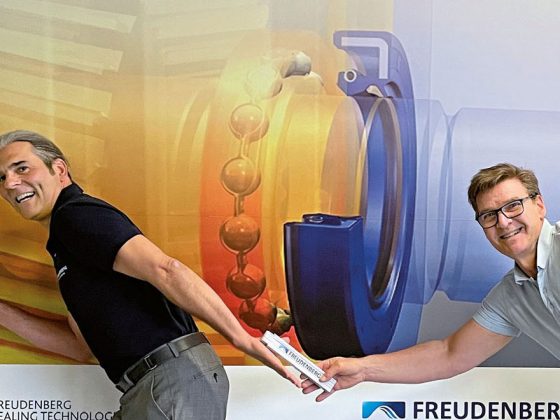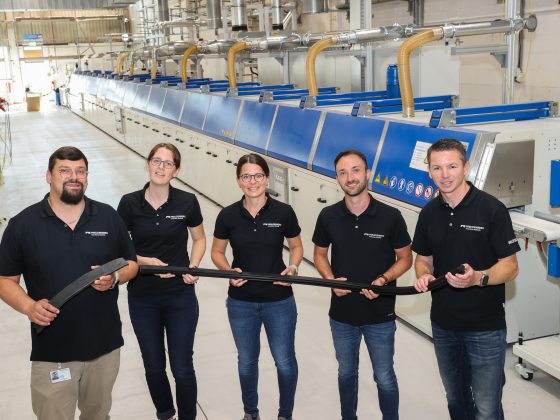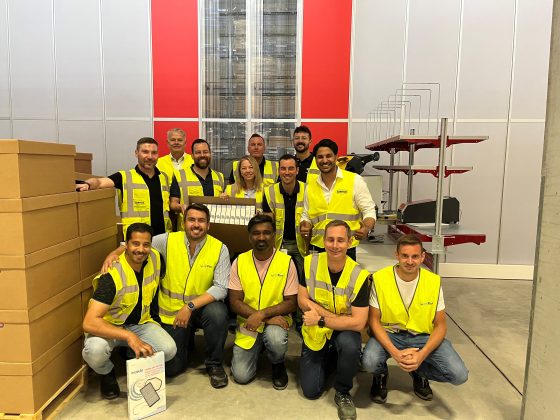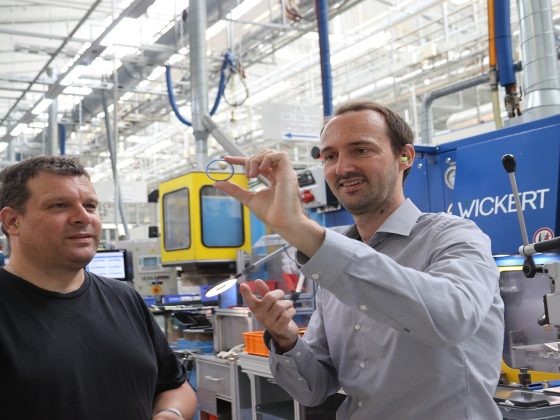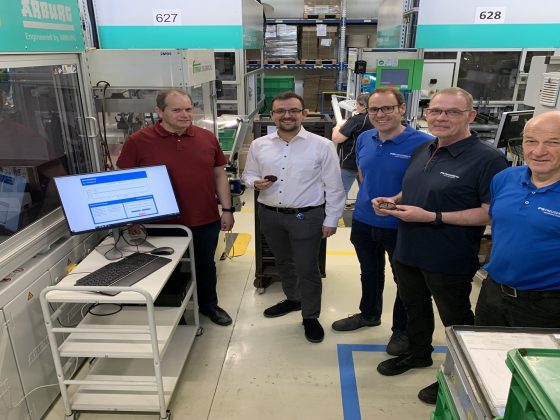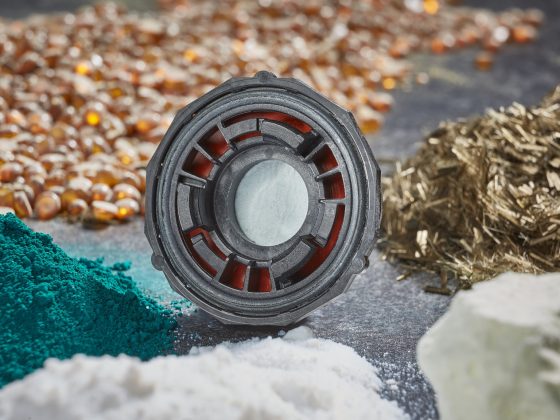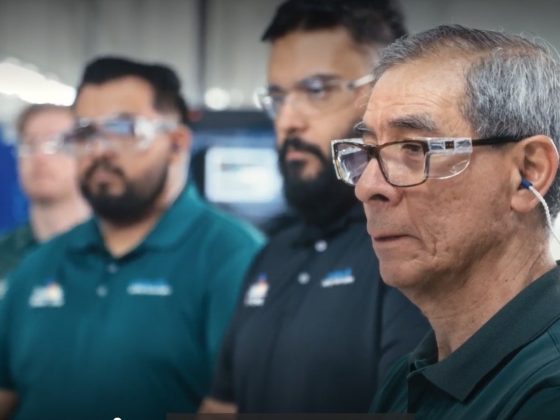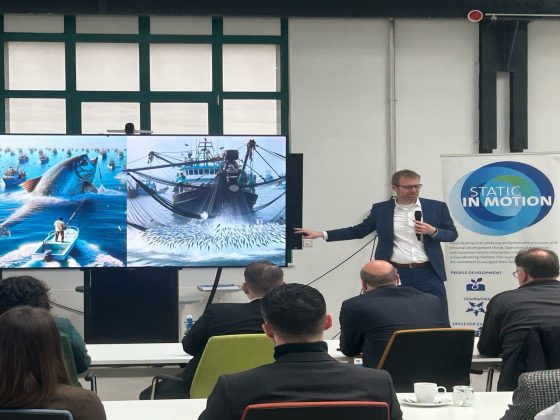Household appliances from the premium brand Miele are the epitome of quality. The manufacturer promises lifespans of 20 years. Freudenberg Sealing Technologies (FST) has received a large contract from the venerable, family-owned company for Simmerrings that are installed in domestic washing machines, displacing current suppliers.

The washing machines that we have in our homes can clean between 6 and 9 kilograms (13 to 20 pounds) of laundry in one wash cycle. Miele’s so-called professional appliances – the kind that are used in commercial laundry services in hotels, hospitals, cruise ships and other settings – can be loaded with up to 32 kilograms (71 pounds). FST has been equipping these large Miele appliances with Simmerrings, including the accompanying race rings, for a while. At the rear end of the washing drum, the FST parts separate the rotating axle from the drive system, keeping the detergent away from the bearing and the electric motor. “Our seal for Miele domestic washing machines has to last at least 20 years. If one were to give out, the machine would break down. The quality of the machine rises and falls with the seal,” said Marcus Starke, Sales General Industry, who is the Global Key Account Manager responsible for Miele.

Perseverance Brings in a Major Contract
Despite a good customer-supplier relationship in commercial appliances, FST and its Simmerrings® have not made inroads into washing machines in the consumer sector until now, even though the challenges and functions are equivalent to those on a smaller scale. But now the situation has changed. In-depth discussions and perseverance in forging new contacts have paid off. The result is a major Simmerrings order. FST was naturally able to score points with its strong references in the professional-appliance sector. But one product especially won the customer over. FST offered the company a product with a geometry tailored to the particular purpose, made from a highly wear resistant material that had already been tested in washing machines. To put it more precisely, the seal was made of an NBR material optimized for water and alkali resistance. “In addition to FST’s good reputation and the special material, the development work played a crucial role. Employees at the Lead Center Simmerrings (Customized Solutions), led by Thomas Brechtel, Ulrich Dahlhaus and Mark Boggasch, did great work,” said Andreas Schmitt, Global Segment Director, for Building & Household Technologies, Sales General Industry.
Miele is turning to an unusual seal design with two spring-supported seal lips instead of just one, as is customary at other manufacturers. The springs ensure the sealing effect even if the tension in the elastomer were to subside after years of use. The Simmerrings are being produced for Miele at the Freudenberg production facility in Opatovice in the Czech Republic. Automatic spring inspection is being used in the Simmerring production process at the facility for the first time. This ensures 100 percent inspection. Only parts that pass muster leave the plant for delivery to the customer.
Tested for Two Years under Real-Life Conditions
“Our prototypes and pre-series products underwent endurance testing for two years under real-life conditions at Miele before we received the series-production contract,” said Starke, outlining one cornerstone of the elaborate testing and release process. Please note: The washing machines were not new models but rather existing platforms where FST was able to gain significant market share – true to the Miele company slogan “Always better.” Now successfully launched, the order is opening up doors to more business in household appliances in Miele’s consumer line. “We now have prototypes for the new Miele factory in Poland,” Starke said.
Incidentally, Simmerrings are not the only FST products that Miele installs in its household appliances for consumers. In clothes dryers, the premium manufacturer uses so-called floating balls – small silicone balls that float on water, made by FST in Öhringen – as a closure for overflow valves.


